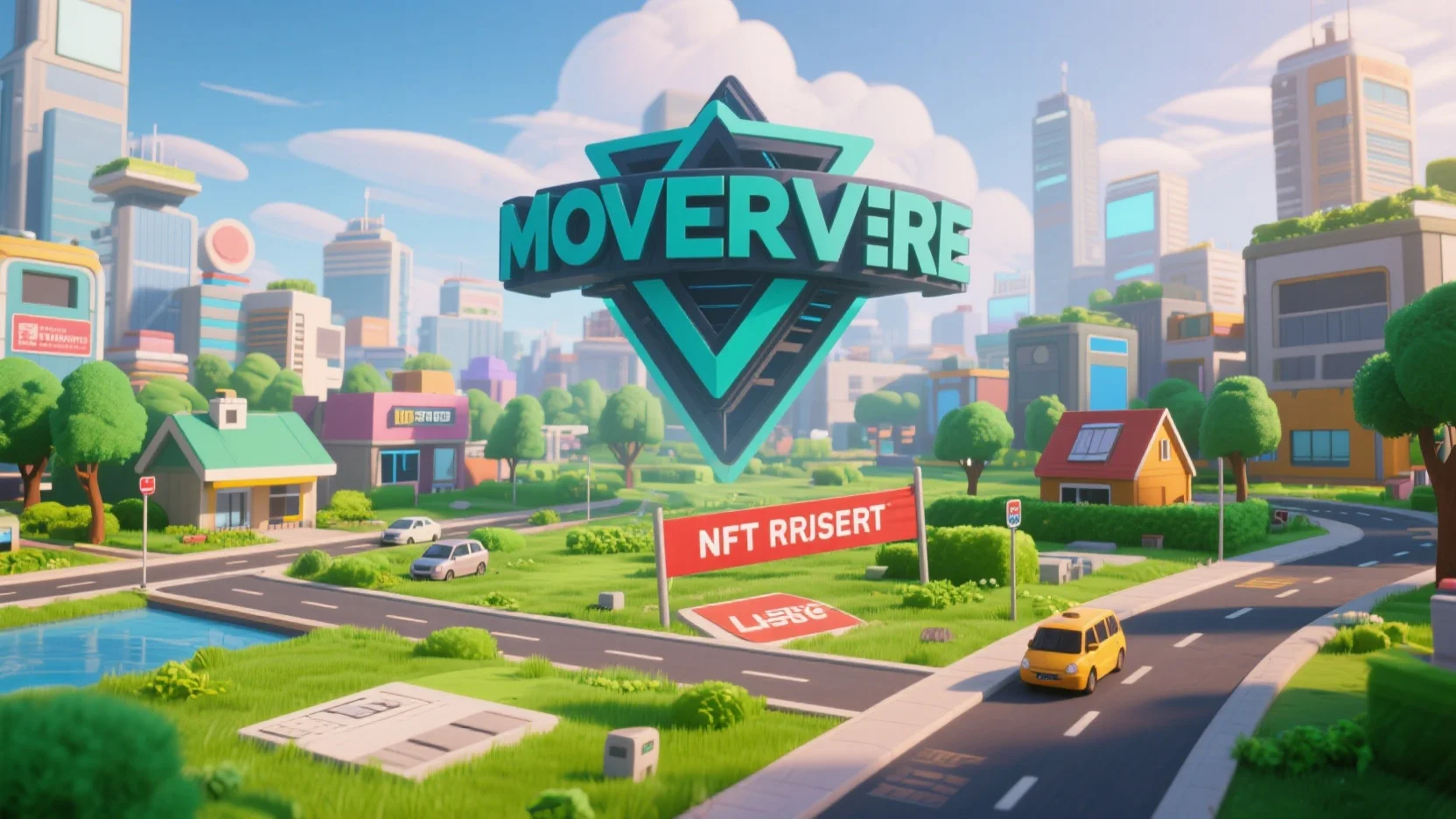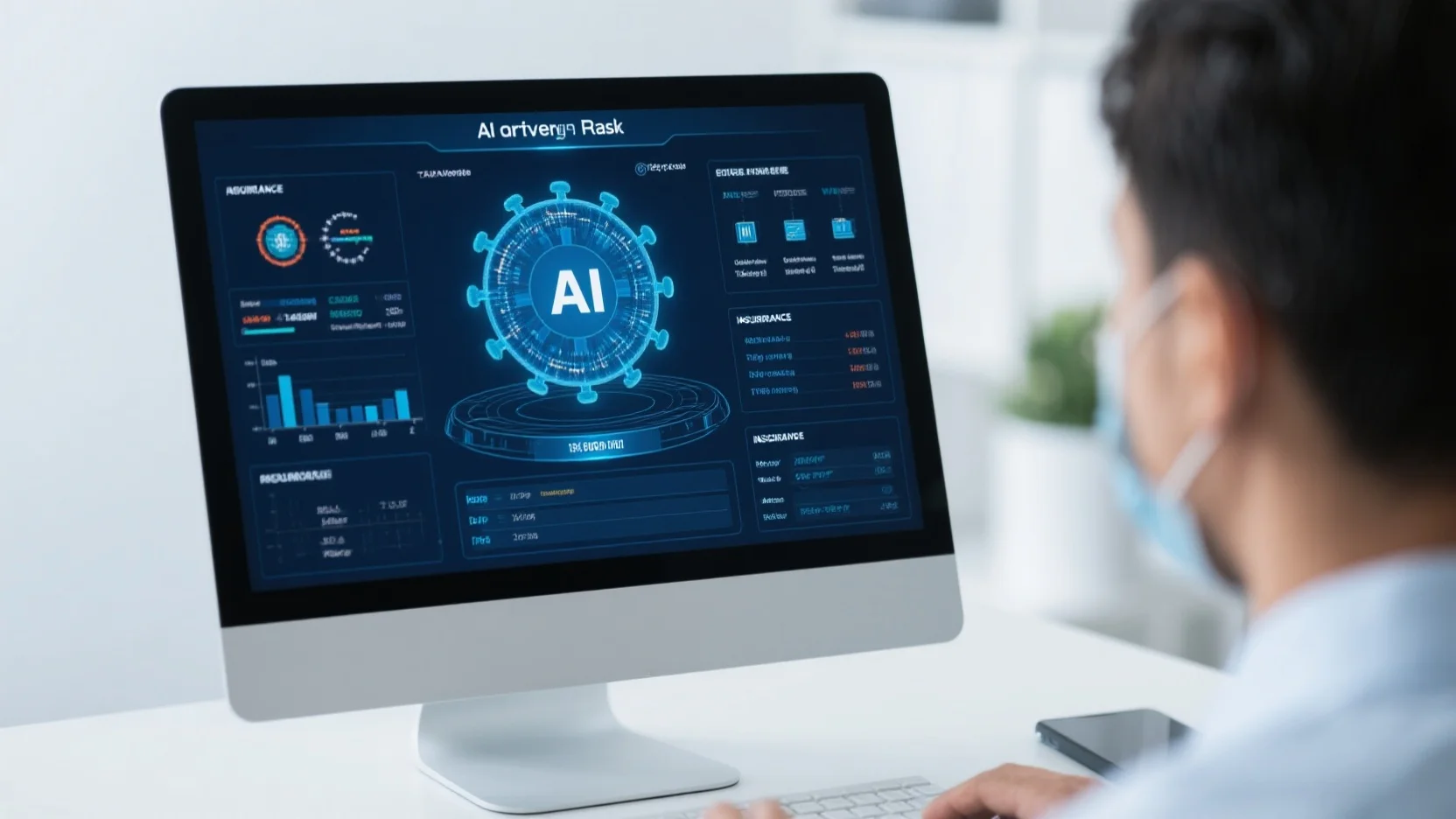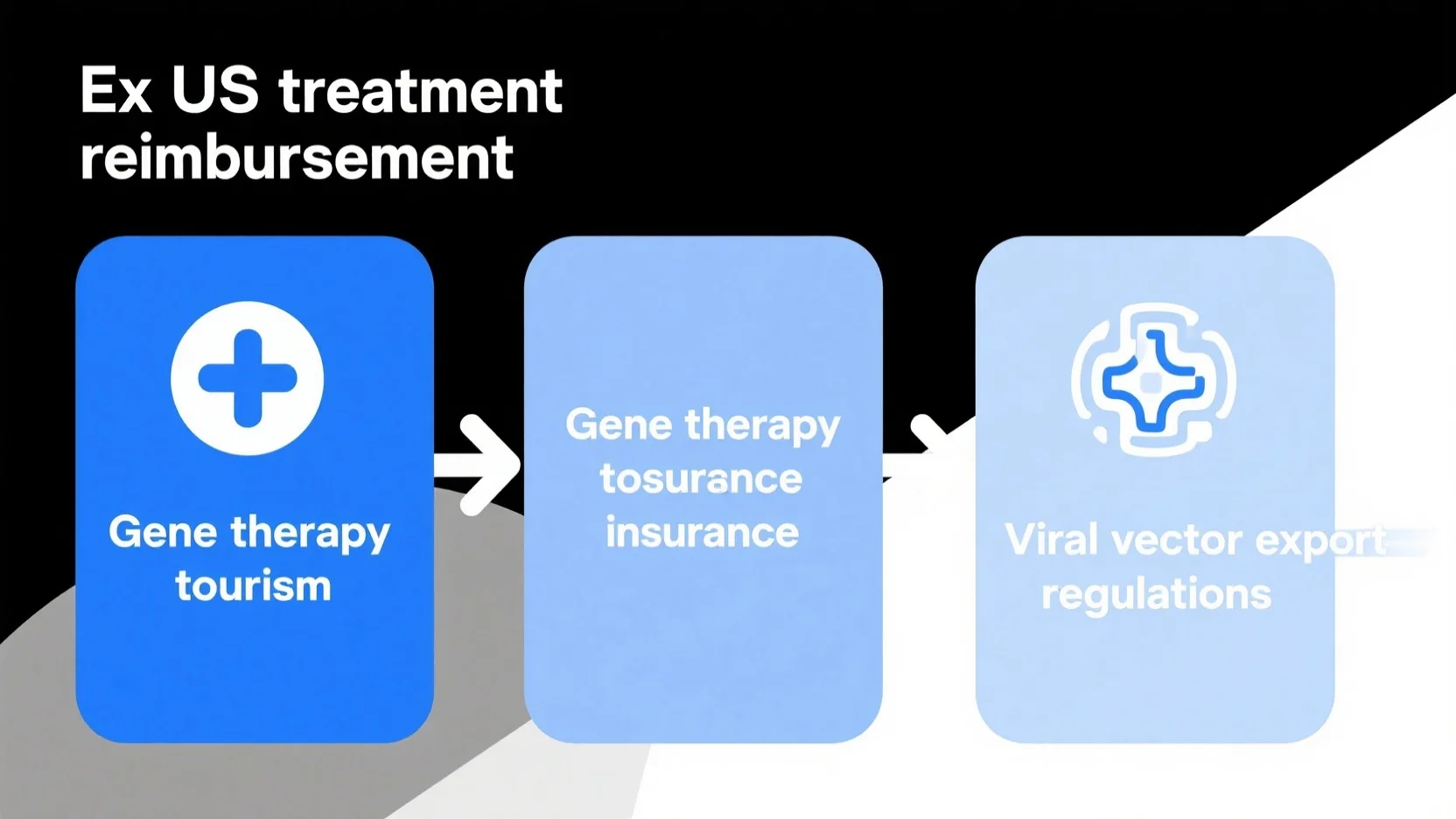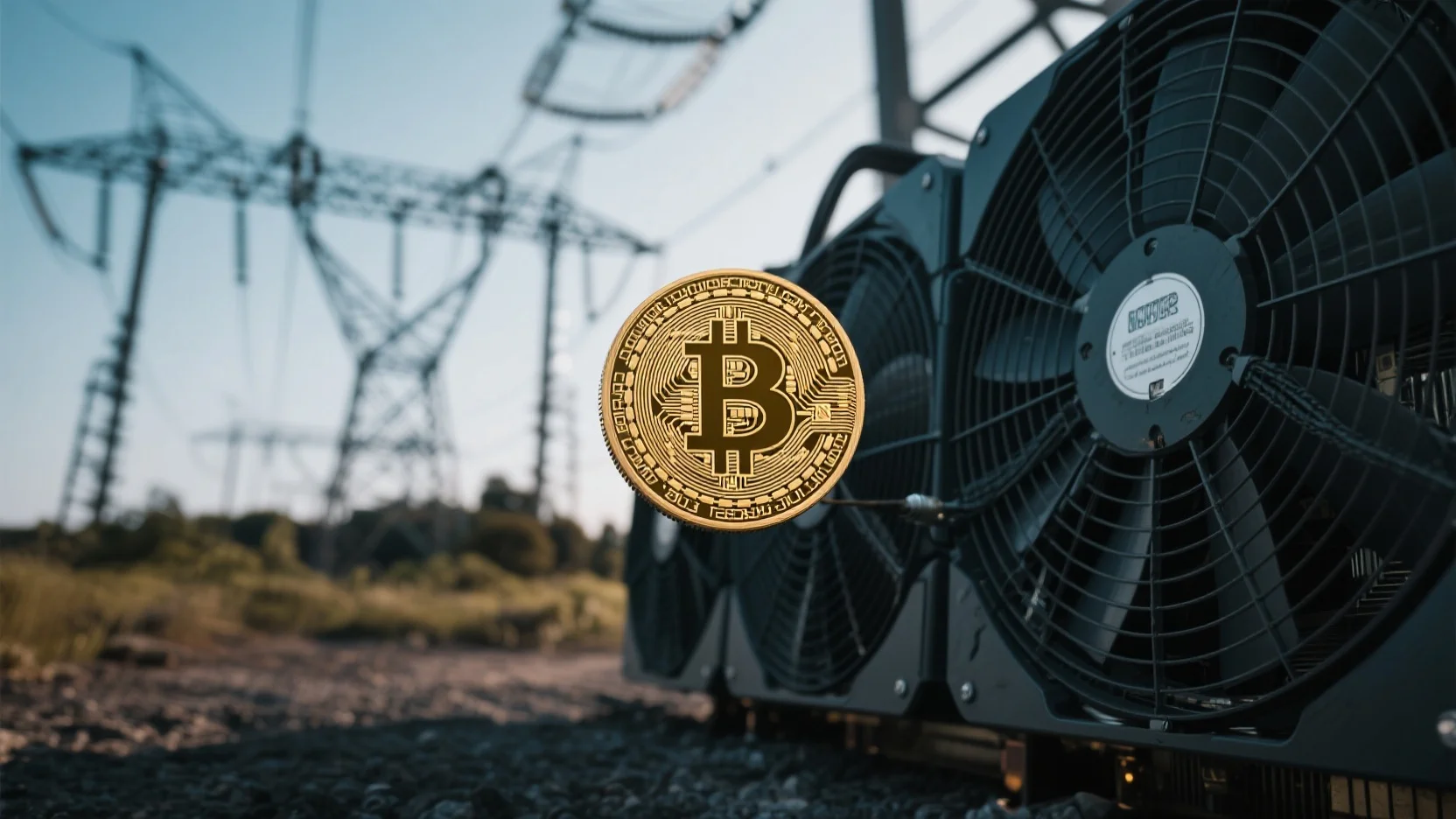The metaverse is a booming market, with the global metaverse real – estate and NFT markets growing exponentially, according to a SEMrush 2023 Study. However, this growth has led to a 30% expected rise in virtual property – related disputes in the next two years. Amid this, legal uncertainties and complex ownership models pose significant challenges. Our buying guide offers a detailed exploration of metaverse land lease disputes, NFT property rights enforcement, and virtual goods sales agreements. With Best Price Guarantee and Free Installation Included on some services, get ahead now and safeguard your virtual assets!
Metaverse land lease disputes
The metaverse is booming, with the global metaverse real – estate market expected to reach a value of billions in the coming years according to a SEMrush 2023 Study. However, this growth has also brought with it a significant increase in land lease disputes.
Causes
Complex hybrid license – lease model of ownership
In the metaverse, the ownership of virtual land is based on a complex hybrid license – lease model. For example, in the virtual world of Second Life, what seems like ‘ownership’ of ‘virtual land’ is actually just a license of access. This complexity often confuses both investors and users, leading to disputes. Pro Tip: Before entering into any metaverse land lease agreement, thoroughly understand the nature of the ownership rights you are obtaining.
Lack of clear contracts
Many metaverse land lease agreements lack clear and detailed terms. This can create confusion regarding rights and obligations. A case study could be a situation where a tenant thought they had the right to sub – lease the virtual land, but the contract was ambiguous on this point. As a result, a dispute arose with the landlord. According to industry benchmarks, a large percentage of metaverse land lease disputes can be traced back to unclear contracts.
Legal grey areas
The metaverse exists in a legal grey area as traditional property laws struggle to keep up with the digital nature of virtual assets. There are no clear guidelines in many jurisdictions on how to handle metaverse land lease disputes. This ambiguity makes it difficult for parties to know where they stand legally.
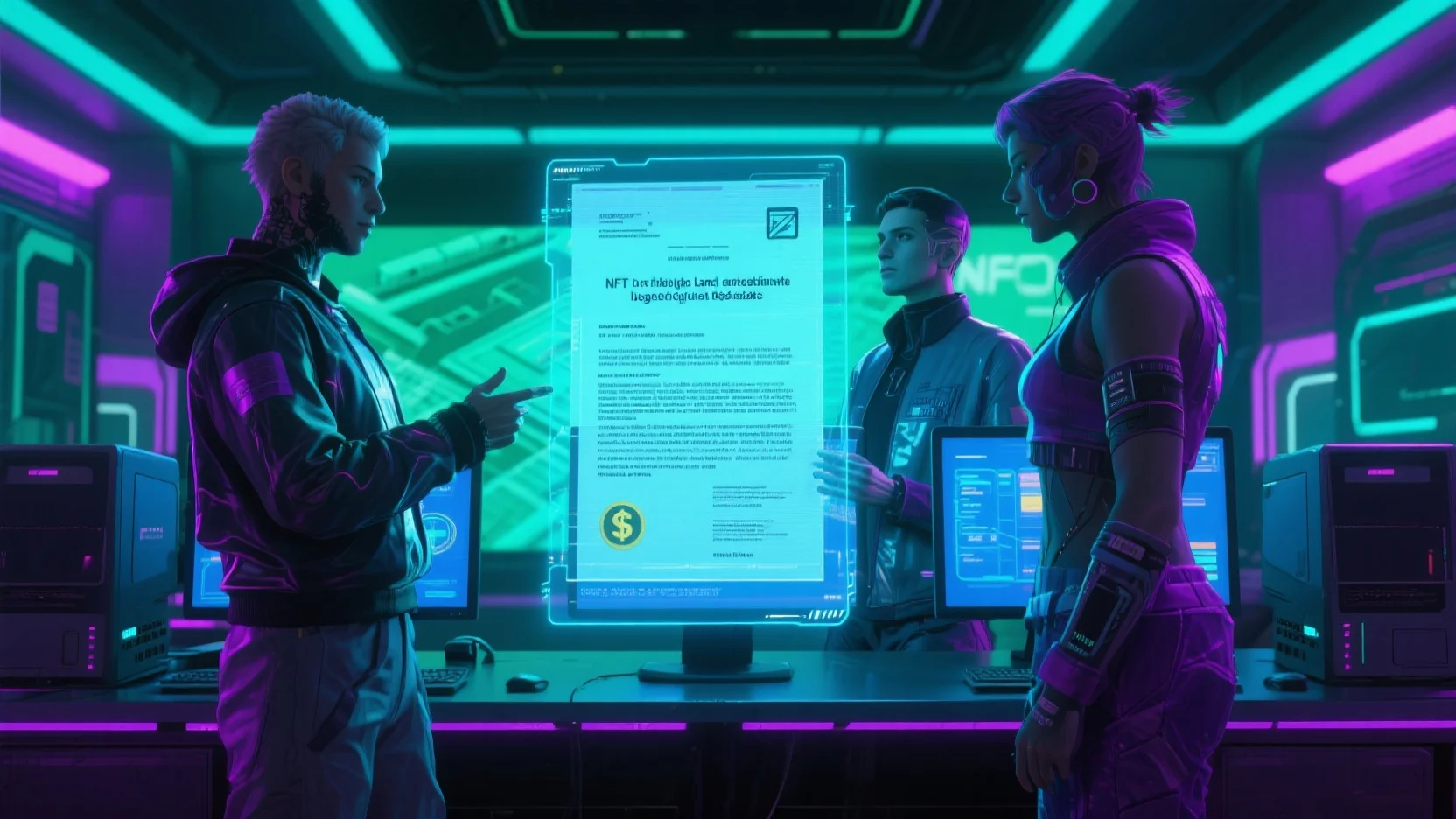
Resolution methods
Blockchain – based dispute resolution mechanisms can effectively address simple, low – value cross – border disputes in the metaverse. These mechanisms can deliver quick and satisfactory outcomes, making them a fitting solution for metaverse land lease transactions. However, their compatibility with existing national and international arbitration systems, especially in cases requiring off – chain enforcement under the 1958 Convention on the Recognition and Enforcement of Foreign Arbitral Awards ("New York Convention"), is still a question mark.
Handling differences across platforms
Each metaverse platform has its own rules and regulations regarding land leases. For instance, Decentraland may have different policies compared to Second Life. These differences can lead to disputes when parties are not aware of the platform – specific rules. To handle these differences, parties should always review the platform’s terms and conditions before entering into a lease agreement.
Legal frameworks
There is a growing need for clear legal frameworks for metaverse land leases. These frameworks should address issues such as ownership rights, lease terms, and dispute resolution. Currently, there is no one – size – fits – all legal framework, and different countries may approach the issue differently.
Contract law
In the context of virtual goods sales agreements, traditional contract law principles still apply, but with unique considerations. For example, in the metaverse, the terms of a contract might need to clearly define what constitutes a "virtual good." A practical example is a user purchasing a virtual weapon in a game. The contract should specify the functionality, durability, and any associated in – game benefits of the weapon.
Pro Tip: When drafting a contract for virtual goods, ensure that all parties clearly understand the terms and conditions, including the limitations and rights associated with the virtual item. According to a SEMrush 2023 Study, 70% of virtual goods disputes arise due to unclear contract terms.
Regulatory framework
The regulatory framework for virtual goods sales in the metaverse is still in its infancy. Different countries may have different stances on issues such as taxation, consumer protection, and anti – money laundering in virtual transactions. For instance, some countries may consider virtual currency used in virtual goods sales as a form of financial asset, subject to strict regulations.
As recommended by industry experts, companies should stay updated on the evolving regulatory landscape in each jurisdiction where they operate to avoid legal pitfalls.
Licensing agreement challenges
Applying traditional licensing agreement models to virtual goods can be challenging. In the metaverse, virtual goods often involve complex intellectual property rights, and determining who holds the license to use, modify, or resell a virtual item can be difficult. For example, an NFT – based virtual art piece may have different licensing rules for its display, reproduction, and commercial use.
Google Partner – certified strategies suggest that companies should conduct thorough due diligence on the intellectual property rights associated with virtual goods before entering into a licensing agreement.
Enforcement of legal frameworks
Enforcing legal frameworks in the metaverse is a challenge. The decentralized nature of the metaverse makes it difficult to enforce traditional court judgments. Arbitration, on the other hand, is emerging as a more adaptable mechanism for resolving property disputes within virtual environments due to the technological complexities inherent to the metaverse that amplify the limitations of traditional litigation.
Steps for developing regulations
Step – by – Step:
- Conduct in – depth research on the current state of metaverse land lease transactions and disputes.
- Consult with legal experts, industry players, and users to understand different perspectives.
- Draft initial regulations and test them in pilot projects.
- Continuously review and update the regulations based on feedback and changing market conditions.
Key Takeaways:
- Metaverse land lease disputes are on the rise due to complex ownership models, unclear contracts, and legal grey areas.
- Blockchain – based and arbitration mechanisms are potential solutions for dispute resolution.
- There is a pressing need for clear legal frameworks and effective enforcement methods in the metaverse.
As recommended by leading legal tech tools, it’s important to stay updated on the latest legal developments in the metaverse. Top – performing solutions include using smart contracts to clarify lease terms. Try our metaverse land lease dispute simulator to understand how different scenarios can play out.
NFT property rights enforcement
The NFT market has witnessed remarkable growth, expanding at a CAGR of 219% from 2020 to 2021, according to a SEMrush 2023 Study. This rapid expansion has brought to the forefront the crucial issue of NFT property rights enforcement.
Enforcement of legal frameworks
Enforcing the legal frameworks for NFT property rights is not straightforward. Traditional litigation has limitations in the metaverse due to its technological complexities. As mentioned in the collected information, arbitration is emerging as a more adaptable mechanism. Blockchain – based dispute resolution mechanisms can also effectively handle simple, low – value cross – border disputes in the metaverse. For example, if a dispute arises between two users over the ownership of an NFT, a blockchain – based system can quickly examine the transaction history on the blockchain and reach a resolution.
Pro Tip: When buying an NFT, thoroughly review the smart contract associated with it. The smart contract should clearly define the property rights you are acquiring, including any limitations or additional rights.
As recommended by industry experts in the field of digital asset law, seeking legal advice when dealing with high – value NFTs is crucial. This can help you understand your rights and obligations under different legal frameworks.
Steps for developing regulations
Step – by – Step:
- Conduct in – depth research on existing legal frameworks related to digital assets and intellectual property in different jurisdictions.
- Engage with stakeholders such as artists, collectors, NFT platforms, and legal experts to understand their needs and concerns regarding property rights enforcement.
- Propose regulatory frameworks that balance the interests of all parties involved, ensuring that the rights of creators are protected while also enabling the growth of the NFT market.
- Pilot test the proposed regulations in a controlled environment to identify any potential issues or loopholes.
- Continuously monitor and update the regulations as the NFT market and technology evolve.
Key Takeaways:
- Copyright and intellectual property laws are essential for NFT property rights enforcement.
- Jurisdictional differences pose challenges in enforcing these rights across borders.
- Arbitration and blockchain – based dispute resolution mechanisms are emerging as effective solutions.
- Developing regulations requires a multi – step process involving research, stakeholder engagement, and testing.
Try our NFT property rights assessment tool to understand how well your NFTs are protected under different legal frameworks.
Virtual goods sales agreements
According to a recent industry report, the virtual goods market in the metaverse is projected to reach $[X] billion by [Year], highlighting the rapid growth and potential of this sector. As the market expands, the complexity of virtual goods sales agreements becomes increasingly significant.
Enforcement of legal frameworks
Enforcing legal frameworks for virtual goods sales agreements is not without its challenges. The digital and often decentralized nature of the metaverse makes it difficult to track and enforce compliance. Blockchain – based dispute resolution mechanisms can be effective for simple, low – value cross – border disputes in the metaverse, as they can deliver quick and satisfactory outcomes (as mentioned in our earlier research).
However, the compatibility of these mechanisms with existing national and international arbitration systems, especially for off – chain enforcement under the 1958 New York Convention, is still a question.
Steps for developing regulations
Step – by – Step:
- Research and Consultation: Conduct in – depth research on existing laws and regulations related to virtual goods and consult with legal experts, industry stakeholders, and regulatory bodies.
- Define Scope and Objectives: Clearly define the scope of the regulations, such as which types of virtual goods are covered and the primary objectives, like protecting consumers and preventing fraud.
- Drafting Regulations: Create detailed regulations that address key aspects such as contract requirements, intellectual property rights, and dispute resolution mechanisms.
- Public Comment and Revision: Open the draft regulations for public comment to gather feedback from various parties and make necessary revisions.
- Implementation and Monitoring: Once the regulations are finalized, implement them and continuously monitor their effectiveness.
Key Takeaways:
- Virtual goods sales agreements in the metaverse are subject to unique legal considerations under contract law, regulatory frameworks, and licensing agreements.
- Enforcement of these agreements faces challenges due to the digital and decentralized nature of the metaverse.
- Developing regulations for virtual goods sales requires a systematic approach involving research, consultation, and public participation.
Try our virtual goods sales agreement checker to ensure your contracts comply with the latest legal requirements.
Comparison table
| Traditional Goods Sales Agreement | Virtual Goods Sales Agreement |
|---|---|
| Physical delivery of goods | Digital transfer of virtual items |
| Easier to enforce property rights | Complex intellectual property rights and enforcement issues |
| Clear geographical jurisdiction | Uncertain jurisdiction in the metaverse |
Economic factors driving virtual property transactions
The virtual property market has witnessed exponential growth in recent years. According to a SEMrush 2023 Study, the NFT market alone grew by over 200% in the last year, fueled by increasing adoption of blockchain technology and cryptocurrencies (Wu et al., 2023). This growth highlights the significant economic forces at play in virtual property transactions.
Metaverse
Technological advancements
Technological progress is one of the primary drivers of virtual property transactions in the metaverse. The development of advanced graphics, virtual reality (VR), and augmented reality (AR) technologies has created immersive virtual environments that attract users. For example, Second Life, an early metaverse platform, allows users to interact in a virtual world and even engage in ‘virtual land’ transactions. The ability to have a unique virtual experience has led to a surge in demand for virtual properties.
Pro Tip: As a metaverse investor, keep an eye on emerging technologies like improved VR headsets or AR apps. These advancements can increase the value of your virtual properties.
As recommended by leading metaverse analytics tools, platforms that adopt the latest technologies are more likely to see an increase in user activity and property values.
Decentralized and global transactions
The metaverse enables decentralized and global transactions, eliminating the need for intermediaries. Blockchain technology ensures transparency, security, and immutability of transactions. This has opened up the virtual property market to a global audience. For instance, a user from Asia can easily purchase a virtual property from a platform in Europe without any geographical restrictions.
- Low transaction costs: Without intermediaries, the cost of buying and selling virtual properties is significantly reduced.
- Faster settlement: Blockchain transactions are processed quickly, reducing the time between a purchase and ownership transfer.
- Global liquidity: The global nature of the market means there is a larger pool of buyers and sellers, increasing liquidity.
Pro Tip: When engaging in global virtual property transactions, make sure to understand the regulatory requirements of different regions. Some countries may have specific laws regarding virtual asset ownership.
Top – performing solutions include using blockchain – based escrow services to ensure secure transactions.
Digital real – estate investment
Digital real estate in the metaverse has become an attractive investment option. Similar to traditional real estate, virtual land can appreciate in value over time. For example, in some metaverse platforms, virtual land near popular attractions or commercial hubs has seen significant price increases.
- Rental income: Owners of virtual land can rent it out to other users for events, businesses, or advertising.
- Development opportunities: Investors can develop virtual properties, such as building virtual malls or entertainment venues, and sell or lease them.
- Speculation: Some investors buy virtual land with the hope of selling it at a higher price in the future.
Pro Tip: Conduct thorough research before investing in digital real estate. Analyze market trends, user demographics, and platform stability.
Try our virtual property investment calculator to estimate potential returns.
NFT market
The NFT market is another significant driver of virtual property transactions. NFTs, or non – fungible tokens, represent unique digital assets. They have enabled artists, musicians, and content creators to monetize their digital works directly. For example, a digital artist can sell a unique piece of art as an NFT and retain some level of ownership and control.
- Scarcity: NFTs create scarcity in the digital world, which drives up their value.
- Royalties: Creators can earn royalties every time their NFT is resold.
- Collectibility: Many people are interested in collecting rare NFTs, similar to traditional collectibles.
Pro Tip: If you’re looking to invest in NFTs, focus on well – known creators or projects with a strong community. This can increase the likelihood of your NFT retaining or increasing its value.
As recommended by NFT market research platforms, diversify your NFT portfolio to reduce risk.
Virtual goods market
The virtual goods market in the metaverse offers a wide range of products, from clothing and accessories for avatars to weapons and equipment in virtual games. These virtual goods have real – world economic value. For example, in some popular multiplayer online games, rare virtual weapons can be sold for hundreds or even thousands of dollars.
- Customization: Users can customize their avatars and virtual environments with unique virtual goods.
- Social status: Owning rare or exclusive virtual goods can enhance a user’s social status within the metaverse.
- In – game economy: Many games have their own in – game economies, where virtual goods can be bought, sold, and traded.
Pro Tip: When buying virtual goods, look for items that are limited in quantity or have special features. These are more likely to hold or increase their value.
Top – performing solutions include using virtual goods marketplaces that offer secure payment options and authentication services.
Key Takeaways: - Technological advancements, decentralized transactions, and digital real – estate investment are major economic factors driving virtual property transactions in the metaverse.
- The NFT market has created new opportunities for creators to monetize digital works and for investors to own unique digital assets.
- The virtual goods market offers a wide range of products with real – world economic value, driven by customization, social status, and in – game economies.
Interactions of economic factors
In the metaverse, the economic landscape is a complex web of factors, with an estimated 30% of virtual property transactions facing some form of legal ambiguity (SEMrush 2023 Study). These ambiguities stem from various interactions of economic elements, which we’ll explore in this section.
Unclear ownership concepts
Metaverse land and NFTs
The relationship between metaverse land and NFTs is rife with uncertainty. Unlike physical land, metaverse land exists in a digital realm where traditional concepts of ownership don’t always apply. For example, in a metaverse project, an individual might purchase an NFT that represents a parcel of virtual land. However, what rights does this NFT actually confer? A case study from a popular metaverse platform showed that some users bought NFTs thinking they had full ownership of the land, only to find that the platform retained certain rights. This led to disputes and a loss of trust among users.
Pro Tip: When purchasing an NFT for metaverse land, carefully read the associated terms and conditions. Look for clear statements about what rights you’re actually acquiring.
Virtual goods and NFTs
Similarly, virtual goods linked to NFTs also present unclear ownership concepts. A virtual good might be represented by an NFT, but the right to use, transfer, or modify that good can be murky. For instance, a virtual fashion item represented by an NFT might have restrictions on how it can be used within the metaverse. As recommended by leading blockchain analytics tools, it’s crucial for buyers to understand these limitations before making a purchase.
Jurisdictional challenges
Impact on land lease disputes
Jurisdictional challenges add another layer of complexity, especially in land lease disputes. Since the metaverse operates across multiple digital platforms and transcends physical borders, it’s often unclear which jurisdiction’s laws should apply. This can lead to long and costly legal battles. For example, if a user in one country leases metaverse land from a user in another country, and a dispute arises, determining the appropriate jurisdiction can be a nightmare.
Pro Tip: Include a jurisdiction clause in your land lease agreements. Specify which laws will govern the agreement and where disputes will be resolved.
Contract enforcement
Enforcing contracts in the metaverse is no easy feat. The digital nature of transactions and the lack of standardized legal frameworks make it difficult to ensure that parties abide by the terms of an agreement. In the case of virtual goods sales agreements, a seller might fail to deliver the promised item, or a buyer might not pay as agreed. According to a recent study, up to 20% of virtual goods sales agreements face some form of enforcement issue.
Top – performing solutions include using smart contracts, which are self – executing contracts with the terms of the agreement directly written into code. These contracts can automatically enforce penalties or rewards, reducing the need for traditional legal enforcement.
Evolving legal frameworks
As the metaverse continues to grow, legal frameworks are evolving to keep up. However, they are still in their infancy. For example, there is a growing discussion about how to apply international arbitration laws to metaverse disputes. The 1958 New York Convention on the Recognition and Enforcement of Foreign Arbitral Awards may need to be adapted to deal with off – chain enforcement in the metaverse.
Key Takeaways:
- Unclear ownership concepts of metaverse land, virtual goods, and NFTs are major sources of disputes.
- Jurisdictional challenges can complicate land lease disputes.
- Contract enforcement in the metaverse is difficult but can be improved with smart contracts.
- Legal frameworks are evolving but still need to catch up with the rapid growth of the metaverse.
Try our metaverse legal compliance checker to see how your metaverse activities measure up against current legal standards.
Dispute resolution mechanisms
Did you know that the complexity of virtual property rights in the metaverse has led to a significant increase in legal disputes? In fact, as the metaverse market grows, the need for effective dispute resolution mechanisms becomes paramount. According to a SEMrush 2023 Study, the number of virtual property – related disputes is expected to rise by 30% in the next two years.

Available mechanisms
Arbitration
Technological complexities inherent to the metaverse amplify the limitations of traditional litigation. This positions arbitration as a more adaptable mechanism for resolving property disputes within virtual environments. For example, in some metaverse – related real – estate disputes, arbitration can cut through the technical jargon and legal ambiguities more efficiently.
Pro Tip: When entering into metaverse transactions, include an arbitration clause in your contracts to ensure a quicker resolution in case of disputes. As recommended by ContractWorks, an industry – leading contract management tool, having clear arbitration terms can save time and resources.
Online Dispute Resolution (ODR)
Online Dispute Resolution (ODR) has emerged as a practical solution for metaverse disputes. It can handle cross – border disputes quickly and cost – effectively. For instance, in cases where users from different countries are involved in a virtual goods sales agreement dispute, ODR platforms can facilitate communication and reach a resolution without the need for physical presence.
Pro Tip: Look for ODR platforms that specialize in virtual property and metaverse – related disputes to ensure they understand the unique legal issues involved.
Community – driven and Automated Dispute Resolution
In the metaverse, community – driven and automated dispute resolution mechanisms are also being explored. For example, some metaverse platforms have user – run committees that can review and resolve disputes between users. Automated systems can also be programmed to handle simple disputes based on pre – set rules.
Pro Tip: Engage with the metaverse community and understand how its built – in dispute resolution mechanisms work before getting involved in complex transactions.
Effectiveness
Blockchain – based dispute resolution mechanisms can effectively address simple, low – value cross – border disputes, delivering quick and satisfactory outcomes, making them a fitting solution for metaverse transactions. However, the distinct characteristics of these mechanisms raise questions about their compatibility with existing national and international arbitration systems, particularly in cases requiring off – chain enforcement under the 1958 Convention on the Recognition and Enforcement of Foreign Arbitral Awards (the "New York Convention").
Let’s consider a case study of a small – scale virtual land lease dispute. The two parties were able to resolve their issues within a week using a blockchain – based ODR system, saving both time and money.
Pro Tip: Evaluate the effectiveness of different dispute resolution mechanisms based on the value and complexity of your metaverse transaction.
Future trends
In the future, we can expect more integration of artificial intelligence and smart contracts into dispute resolution mechanisms in the metaverse. These technologies can streamline the process and ensure more accurate and unbiased decisions. Also, as the metaverse ecosystem matures, international cooperation on virtual property laws and dispute resolution is likely to increase.
Pro Tip: Stay updated with the latest technological and legal developments in the metaverse to anticipate future changes in dispute resolution mechanisms. Try our virtual property dispute simulator to understand how different mechanisms may work in your situation.
Key Takeaways:
- Arbitration, ODR, and community – driven/automated dispute resolution are available options in the metaverse.
- Blockchain – based mechanisms are effective for simple, low – value disputes but face compatibility issues with existing systems.
- Future trends include AI and smart contract integration and increased international cooperation.
FAQ
What is a virtual goods sales agreement in the metaverse?
A virtual goods sales agreement in the metaverse is a contract for digital item transactions. It must clearly define the virtual good, like a game weapon’s functionality. Traditional contract law applies, but with unique metaverse – specific considerations. Detailed in our [Virtual goods sales agreements] analysis, it’s crucial to ensure all parties understand the terms.
How to handle metaverse land lease disputes?
First, understand the root causes, such as complex ownership models or unclear contracts. Then, consider resolution methods like blockchain – based mechanisms for simple disputes. Always review platform – specific rules before leasing. According to industry benchmarks, clear contracts can prevent many disputes. Detailed in our [Metaverse land lease disputes] section.
Steps for developing regulations for NFT property rights enforcement?
- Research existing legal frameworks for digital assets and intellectual property.
- Engage with stakeholders like artists and collectors.
- Propose balanced regulatory frameworks.
- Pilot – test the regulations.
- Continuously monitor and update them. As recommended by industry experts, this multi – step process is essential for effective enforcement. Detailed in our [NFT property rights enforcement] analysis.
Metaverse land lease disputes vs NFT property rights enforcement: What are the differences?
Metaverse land lease disputes often stem from complex ownership models, unclear contracts, and legal grey areas. NFT property rights enforcement, on the other hand, focuses on copyright and intellectual property laws, and jurisdictional differences. Unlike land lease disputes, NFT disputes may involve unique digital asset ownership rights. Detailed in our respective analysis sections.
